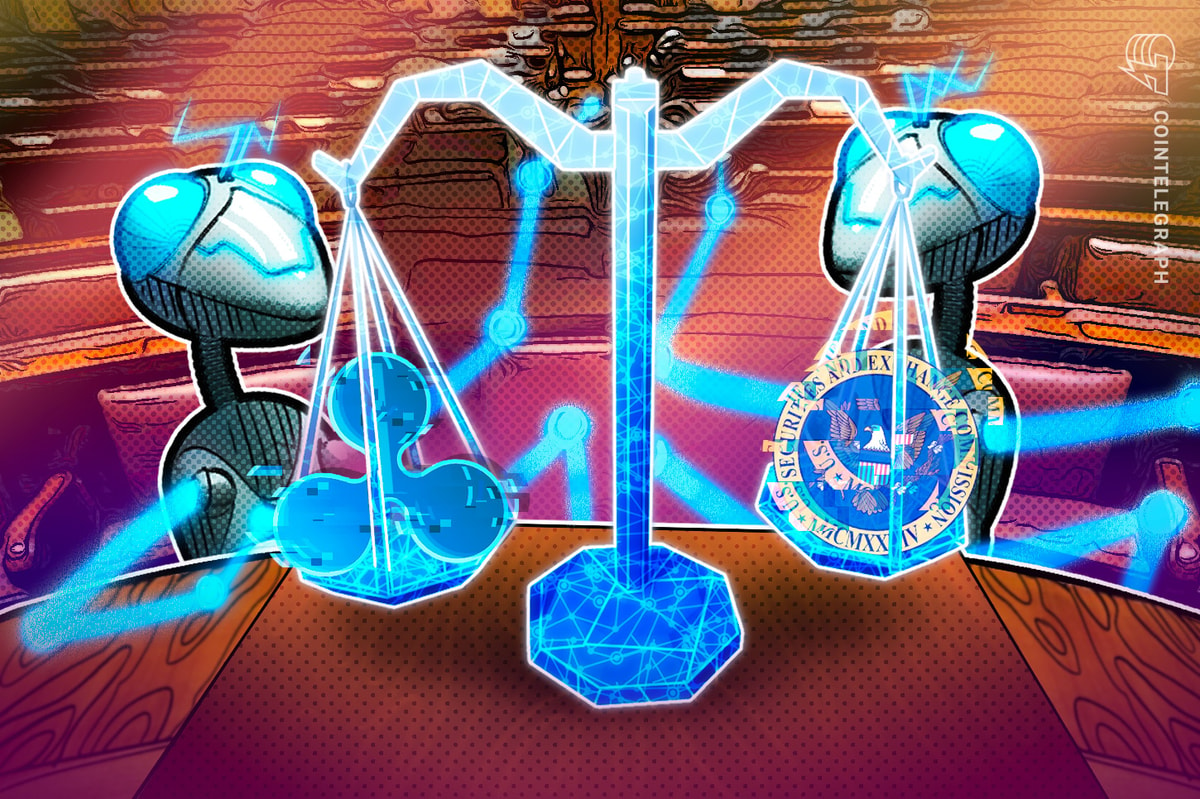Decentralized finance and shopping seem like an unusual combination at first. How can liquidity pools help you save money at the till? But scratch a little deeper and some compelling use cases for DeFi emerge. With the retail sector suffering through one of the most challenging times seen in a generation, here are the main issues facing e-commerce right now… and how DeFi could fix them.
A match made in heaven?
The likes of Amazon, eBay and Shopify have transformed the way we buy everyday items. Now, anyone can become a merchant — and once exotic products can be delivered to your doorstep in a matter of hours. But the rise of these e-commerce platforms has created some new problems, and exacerbated old ones.
Small businesses selling their wares through these online shopping giants can often end up paying commission fees of 15% to 20%, eating into razor-thin profit margins. Inevitably, some of these costs end up being passed on to customers, meaning that they’re paying much more for items than they may have done in a decentralized setting.
Some blockchain platforms are already tackling this issue — and attitudes are beginning to change. PayPal has now started to roll out its crypto trading service, meaning millions of merchants will soon be able to accept digital assets as a payment method. Deutsche Bank has also warned that cash’s days are numbered, and criticized the likes of Visa and Mastercard in a recent report. “They wield significant power to set prices, which is not great news for retailers or consumers,” the German financial giant wrote.
DeFi has form when it comes to cutting costs, and already removes middlemen for those who are looking to move their cryptocurrencies from A to B. But there are other advantages that can be realized too, eliminating some of the pain points that centralization cannot fix.
DeFining loyalty
Loyalty schemes top this list. As Deloitte recently noted, the tried-and-tested approach of securing repeat custom from shoppers needs a drastic rethink — warning that traditional schemes are “tired” and lack personalization. Its report said that customers now expect rewards that are tailored around their personal tastes, and younger shoppers want their favorite brands to use technology that delivers a frictionless experience.
“Businesses need to adapt to the digital age by adopting agile and flexible solutions that will allow them to realign their customer experience program to constantly changing customer expectations and needs,” Deloitte added.
One of the biggest flaws in loyalty schemes lies in how siloed they can be. Many retailers have their own systems, leaving shoppers with little choice but to individually register to each one. This can be incredibly inefficient, not least because time-starved consumers are likely to forego discounts if it means filling out yet another application form.
But DeFi could help remove this friction — creating a world where customers only need a single address to receive reward points from the places they shop. Smart contracts could ensure that these loyalty schemes transcend borders too, meaning a British tourist who makes a purchase at a Costco in the U.S. can earn points just like they would back home. All of this can help make loyalty programs clearer and more transparent. Encouraging retailers to work together can also make these schemes more financially viable — and this is important given how Deloitte describes existing initiatives as “risky and expensive.” Just like DeFi can help the world’s 1.7 billion unbanked consumers access financial services, it can also open much-needed doors to the world of e-commerce.
Giving retail a DeFi makeover extends far beyond discount sneakers. If done right, protocols could also give merchants a better deal — allowing them to weather tough economies (such as those brought about by the coronavirus pandemic.)
Every day, these small businesses face a dilemma. Frictionless payments make it easier for shoppers to make impulse purchases, but they can increase levels of fraud — and in many cases, merchants are expected to foot the bill in the event of chargebacks. According to The Nilson Report, $32 billion was lost to card fraud in 2019, and it’s an issue that’s set to stubbornly remain throughout the 2020s.
Smart contracts, smarter shopping
Uquid is aiming to establish a bridge between DeFi and e-commerce through Defito, a new ecosystem featuring concepts that haven’t been seen in the retail sector before.
Shopping mining means that new tokens or coins are generated every time a customer buys an item — and smart contracts are used to ensure that these assets can be put toward other purchases in the future. The process is automatic and immediate, delivering much-needed enhancements that eliminate some of the flaws associated with loyalty schemes right now.
There are also features inspired by automated market makers, the smart contracts that create liquidity pools of tokens. In this ecosystem, automated shopping making brings together pools of goods created by many suppliers. Customers can then connect directly to this pool and track the quantity of products available and their price, allowing them to get a better deal on items that they wish to purchase.
In time, it is hoped that these smart contracts will allow merchants and shoppers to connect without an intermediary — reducing costs for everyone. Uquid believes that DeFi can help e-commerce businesses grow quickly and reach a broader cross-section of customers around the world. The company is also confident that its approach could transform global trade.
One of the first places where people can shop using this ecosystem is Uquid’s digital shop, which is home to more than 40,000 digital products including video games, gift cards, subscriptions and mobile top-ups. The platform uses a Lightning Network node that helps to speed up transactions, all while making them cheaper. New products are added on a daily basis, and the e-commerce site is planning to add physical items in the near future.
Brick-and-mortar retail is on the decline, and retailers are getting innovative as they compete for attention in a crowded marketplace. Fresh from shaking up the financial sector, DeFi could be coming to a shopping basket near you.
Disclaimer. Cointelegraph does not endorse any content or product on this page. While we aim at providing you all important information that we could obtain, readers should do their own research before taking any actions related to the company and carry full responsibility for their decisions, nor this article can be considered as an investment advice.












